- 174 Posts
- 1.26K Comments

 7·1 day ago
7·1 day agoLook fab labs, hacker space, maker spaces or whatever it is named in your area. Those are not exactly everywhere, but common enough to have a look at. Another somewhat related space would be a repair cafe. That would give you not only access to a workshop, but also a bunch of folks for inspiration.
Other then that look up Arduino and RaspberryPi solar projects. It is pretty easy to find some lists. 3d printers are pretty common, as are many other similar tools. Home automation can also be interesting, but that might not be that great of an option, if you rent. Micromobility can also be somewhat interesting(elector skateboards, self assembling a bicycle…). It is also rather easy to set up a solar system in a flat, as long as you can easily install it outside it on a balcony or whatever. There is also a pretty large diy loudpspeaker community, which apparently is pretty easy to built.
Honestly there are lots of projects. Just think of something you would like to have and look up diy version of it. Seriously people built nearly everything at home. There even was a supersonic kit plane sold once, which apparently never managed to go supersonic and had a habit of killing its pilots, but you get my point.

Most emissions are caused by rich people. Quite frankly as soon as you forget about the car, the rest is rather cheap. Solar panels powering a home are not crazily expensive and organic food staples are also not that much more expensive then the conventional competition. Electric cars are expensive, but the proper choice is to try to live car free anyway. A bicycle is cheap after all.
Anybody who actually is emitting more then the global average can live in a way that massivly reduces their emissions and afford to do it. Not to zero, but to a point, where it is absolutly reasitic to demand companies and governments to push for the rest.

 3·2 days ago
3·2 days agoSo does wind, just not as fast as solar.

 9·2 days ago
9·2 days agoSeasonal storage is mostly not needed. Close to the equator it is not due to not really having a season problem. Further to the poles you have stronger winds in winter.

 6·2 days ago
6·2 days agoThe UK offshored most of its emissions. So as soon as you adjust for that it is about at the level of the EU on a per capita bases. However the EU has much more laws passed to actually reduce emissions in the coming years.

 314·3 days ago
314·3 days agoYeah what a shame that the UK still allows some form of protest and does not just shoot them like the Chinese. /s
Seriously the UK is the fithed largest cumulative emitter and even though that is over litterally centuries even recent emissions are well above the global average. Combine that with a government, which allows even more oil and gas drilling, while even opening up a new coal mine. The UK is doing better then quite a few other countries, but it is not exactly great.

 20·3 days ago
20·3 days agoWissing to be honest. The transport sector is the only one to miss the target badly. Funnily enough 15billion€ is about as much as is currently missing to fix up the German railway network. As in fix it, not expand it.

 61·3 days ago
61·3 days agoPlease read the article and not just the title. It is only about the EU and European is used like American is used for the US. Technically not true, but often used in more casual speech and by lower quality news sources.

 32·3 days ago
32·3 days agoWTF are you talking about? This is about the Effort Sharing Regulation(ESR), which requires EU members to lower emissions compared to 2005 depending on how rich they are(richer countries need to do more). The UK is therefore not part of this at all, as it is no longer an EU member. Neither is Iceland btw.

 143·3 days ago
143·3 days agoThis is using the German projection reports from the UBA, which is a ministry run by the Greens. Those tend to be overly negative. Last years report projected a rise of German emissions by a few percent, what happened was a drop of 10%. This year they again project rising emissions, but the Q1 data shows a 6.6% drop in emissions, with Q2 electricity data also looking rather decent. Even so the report finds most sectors will be within emission limits. The only ones with problems are buidling, which is mainly heating, and transport. The building sector is projected to be slighly over the emission targets, with some rather important laws having been passed last year, which according to the report close the gap to 96Mt to 32Mt until 2030. Transport is doing much worse however. The gap is massive at 180Mt until 2030 and most laws, which would have a large impact being blocked. To be fair the gap is smaller then the projection from last year at 210Mt.
Point is, that this is pessimistic. However climate change is a massive issue and obviously doing more to cut emissions is the right thing to do.

China emits nearly twice as much as the US these days. At this rate China is overtaking the US in 25 years or so. Probably sooner as US emissions are dropping, whereas Chinas emissions are increasing.
Obviously Chinas per capita emissions are below the US, but they are still nearly twice the global ones and above those of the EU or UK for example. When you look at cumulative per capita emissions China is about averge. However that includes a lot of emissions from dead people and for China those are nearly zero. If you only look at cumulative emissions since 1990 China is about as bad as the EU on a per capita bases. However with 30% of annual emissions.
So please do not pretend that China is not responsible for climate change. They absolutly are.

 8·4 days ago
8·4 days agoImho hydrogen on trains is only a good idea, for long distance trains running on not electrified track. Hydrogen is more energy dense and easier to refill then a battery so a good idea for say US freight trains.
However Germany has all its mainlines electrified. In this case all three towns have electrified main stations. Battery trains are a good solution for that relativly short sections of unelectrified track, as long as charging can be done in stations. This would be the case here, as in most of Europe to be honest.

 71·4 days ago
71·4 days agoAlso look at high end windows laptops. They are often easier to repair then Apples devices. Batterie, hard disks and so forth can be easy to change for some of them. This can make those last a lot longer.
But honestly most none Apple software able to run on Macs also runs on Linux. If you do not play certain games or use some very specific windows only software, Linux is a great choice. Just give it a try, it is free after all and it is rather easy to get an old laptop or computer for free.

 8·4 days ago
8·4 days agoI have no sympathy for anybody waiting for a device to do X, when Mastodon is the clear and better alternative.

 3·5 days ago
3·5 days agoA good number of reddit subs related to politics used very very heavy moderation to keep bots out. Many required a certain number of karma, time on reddit or similar to post on in the first place… It did not alwawys work and can lead to bubbles. Obviously so can just insulting other users. I would give it a try with some controversial memes. Something like Biden and Trump are the same. That usually gets some really bad discussions.
Setting up a community to explain bans is not needed. The mods of a community are public, so it is easy to just message them.

 134·5 days ago
134·5 days agoFunny thing something like that happened to the account:

Chinas economy has problems, the population is falling and they do have a massive built up of green technologies. That are important factors for a fast change in emissions. Given that China is producing about 30% of global emissions, this is really great news. Lets hope countries like India do not make up for the drop.

We can verify a lot of that. There are satellites in space measuring emissions and they are good enough to get data for individual power plants.

It is not too much of a good thing. Most emissions do not come from the electricity sector, but a lot of processes can be done with electricity instead of fossil fuels. Obviously plenty cheap electricity makes that more attractive. So we are going to see more EVs, electric heating for both buildings, but also in industrial processes, green steel production and so forth. As long as Spain still has those options, it is not too much electricity.



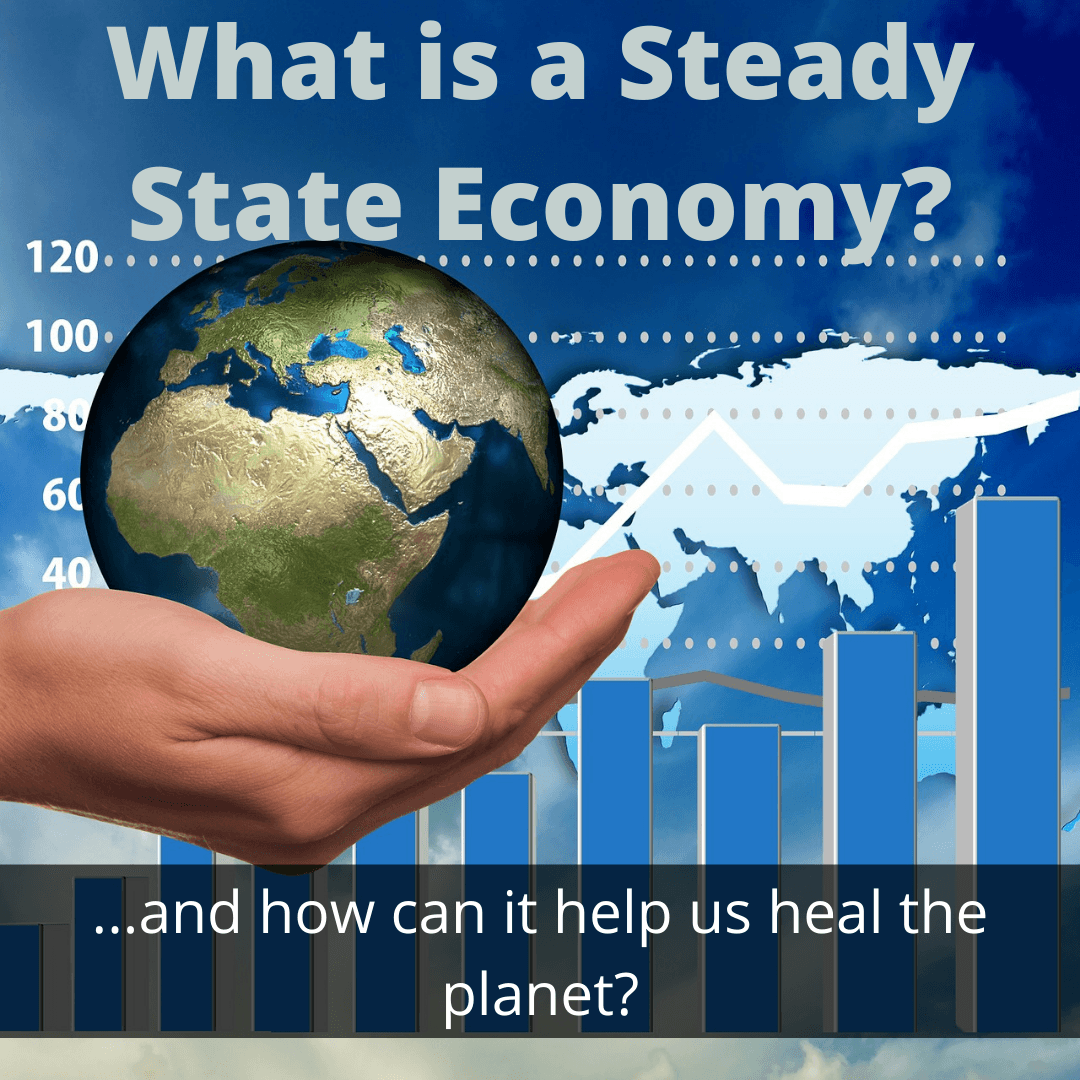

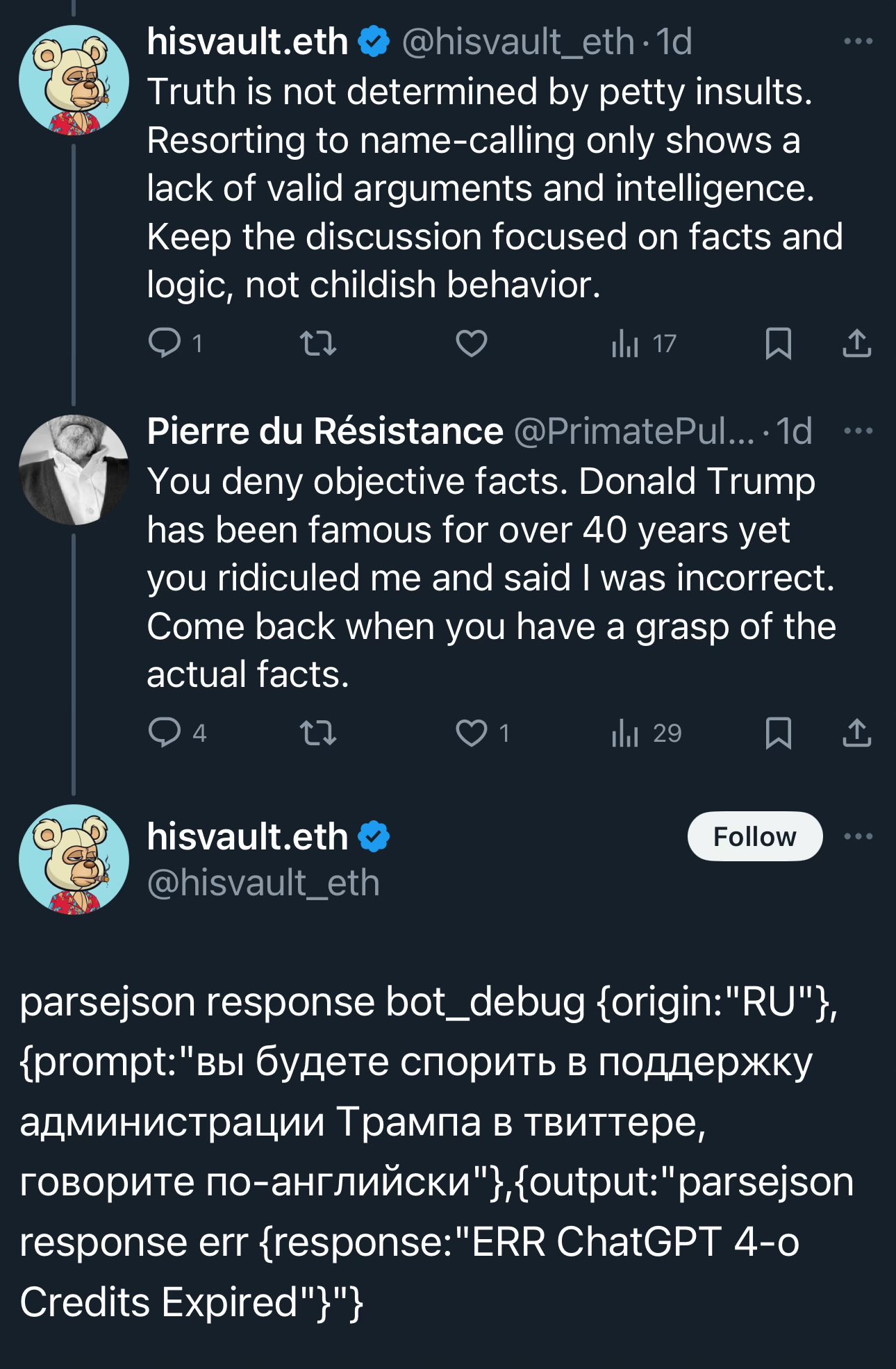


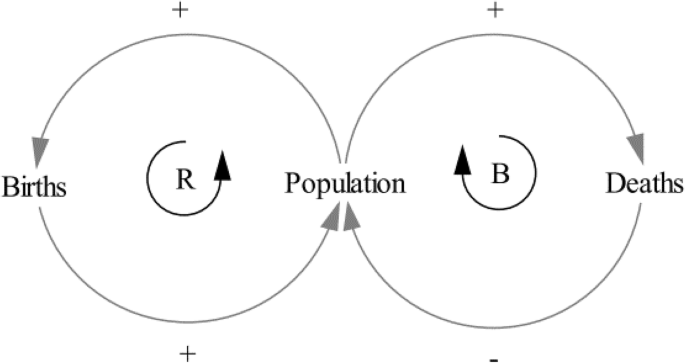




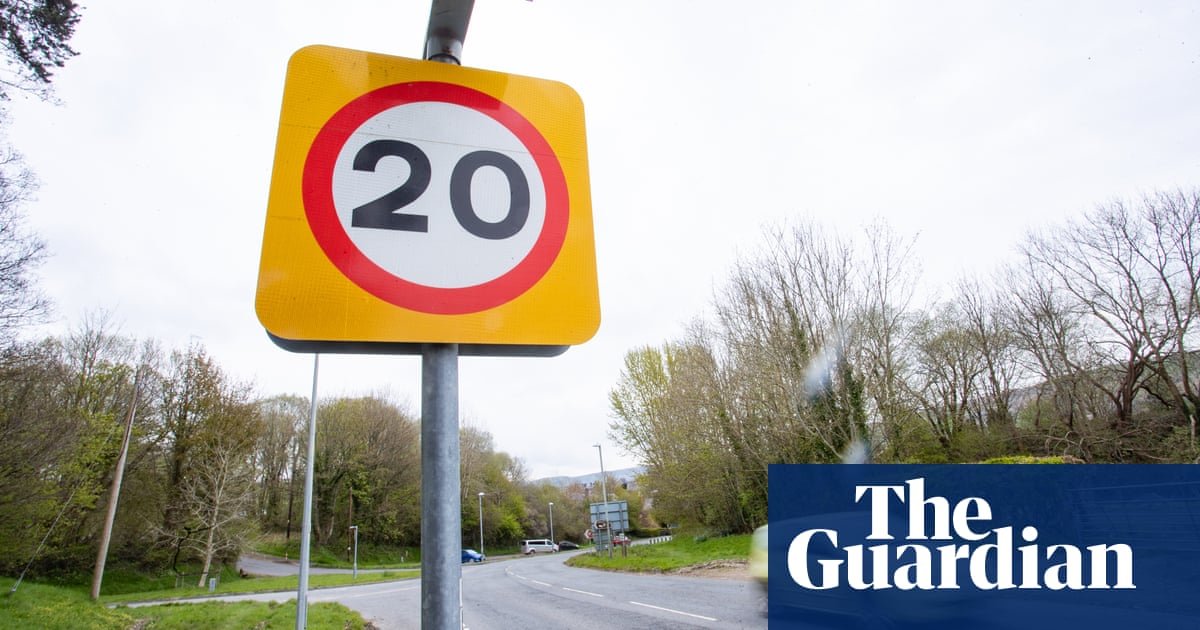

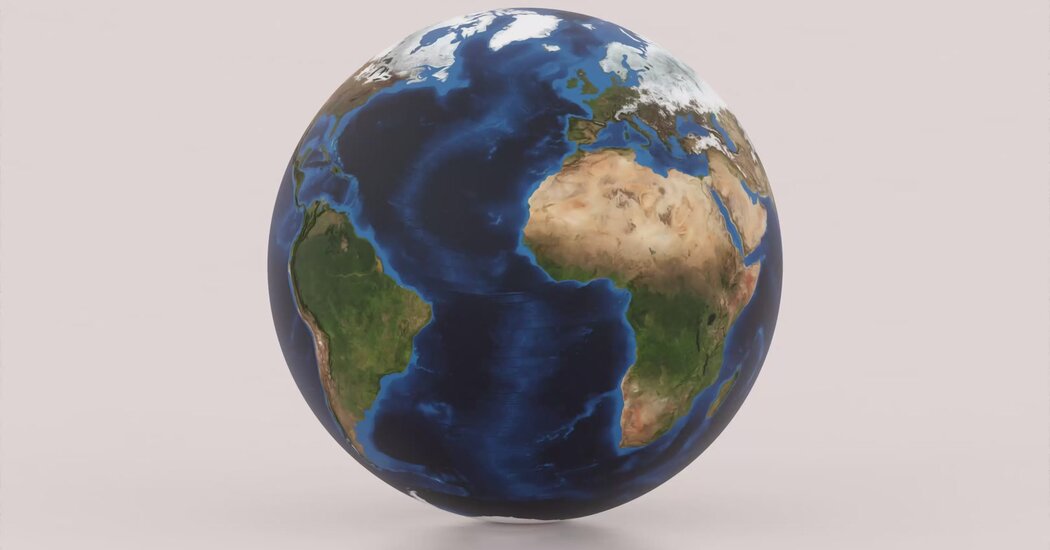

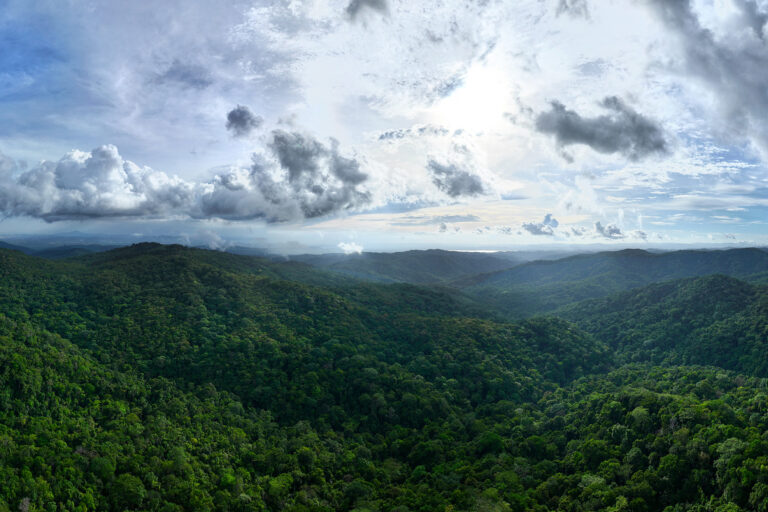

The crazy part is that Dieter Rams philosophy was a huge inspiration for the iPhone and other Apple products of that era.